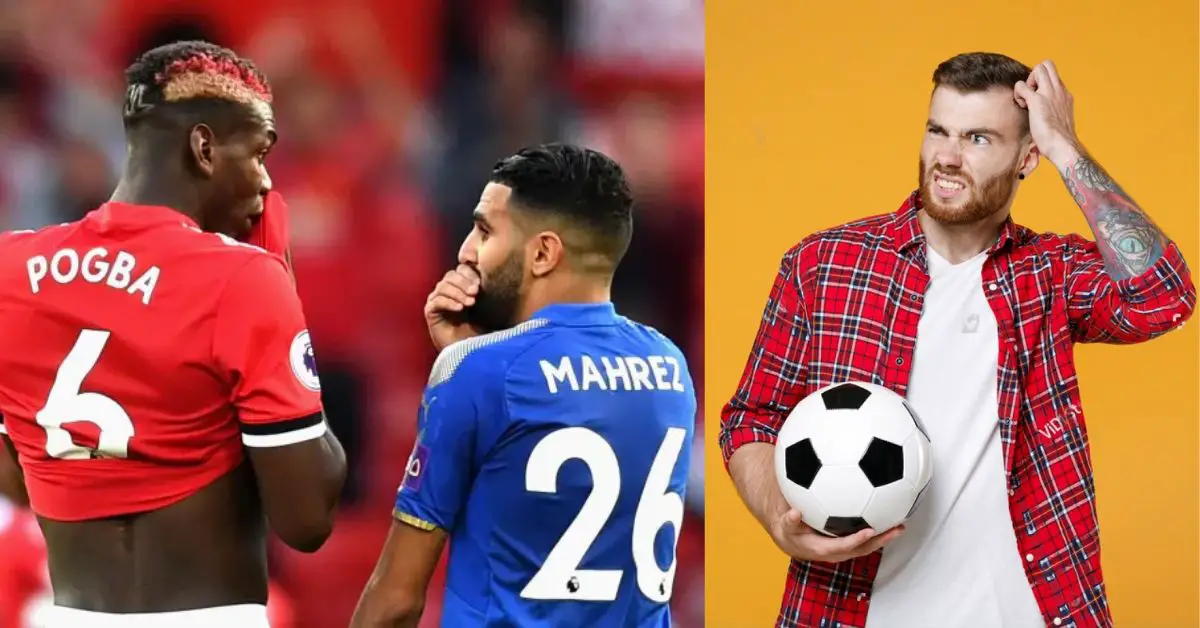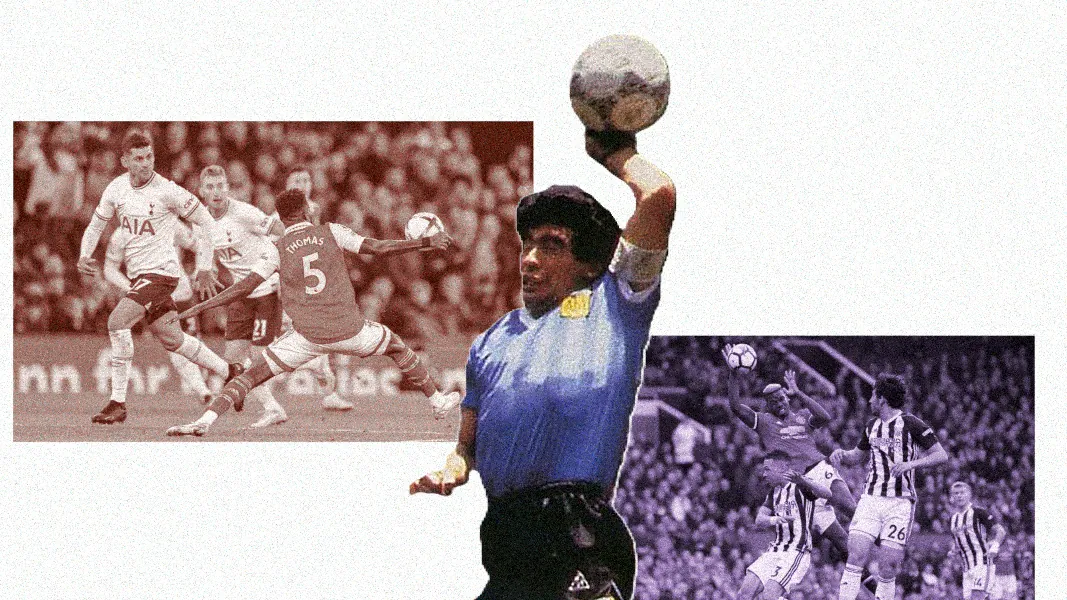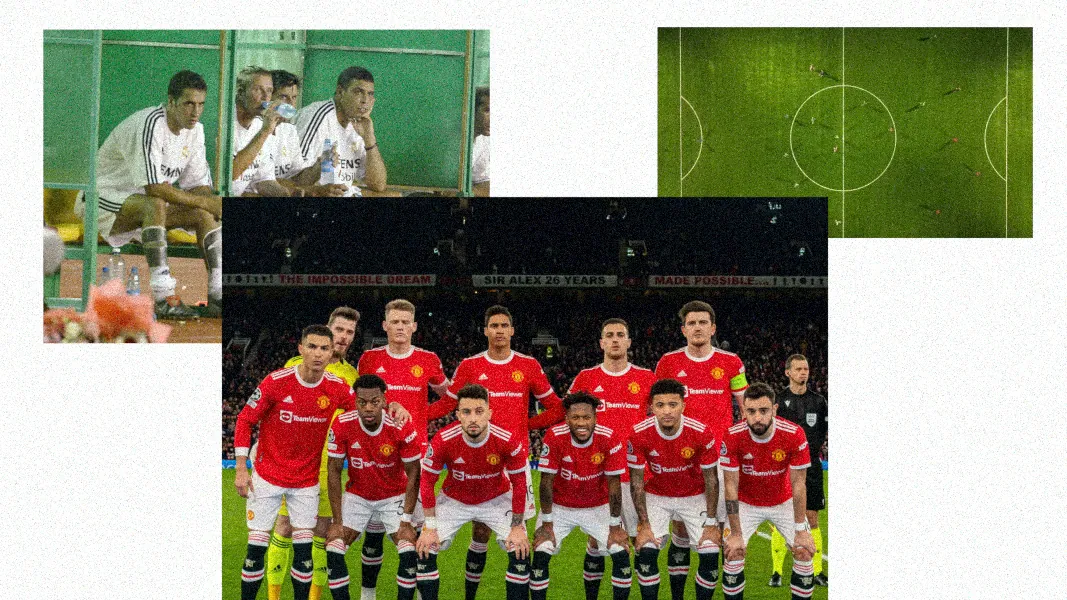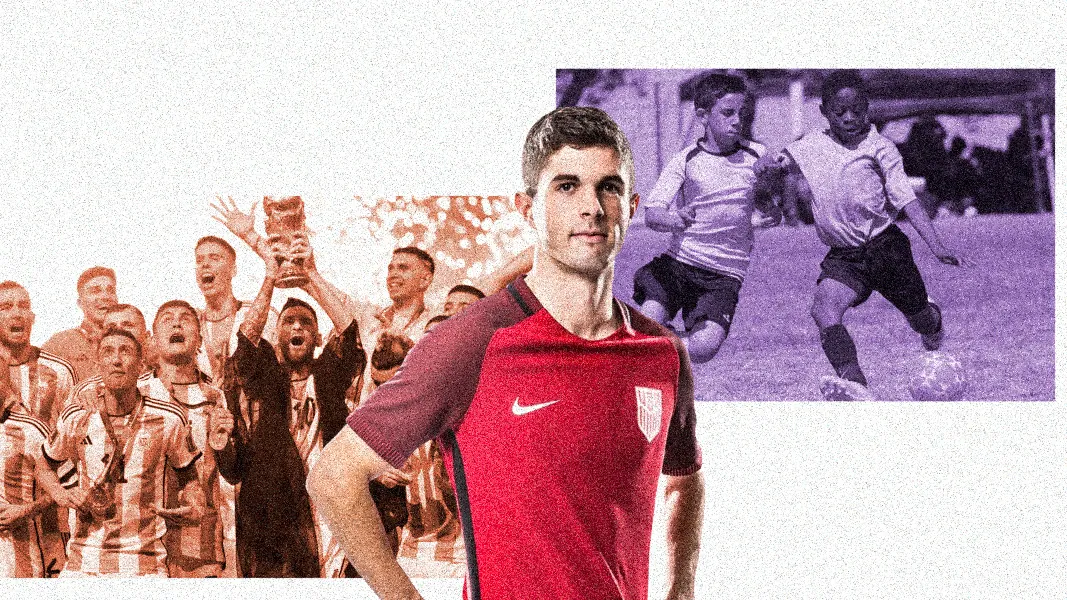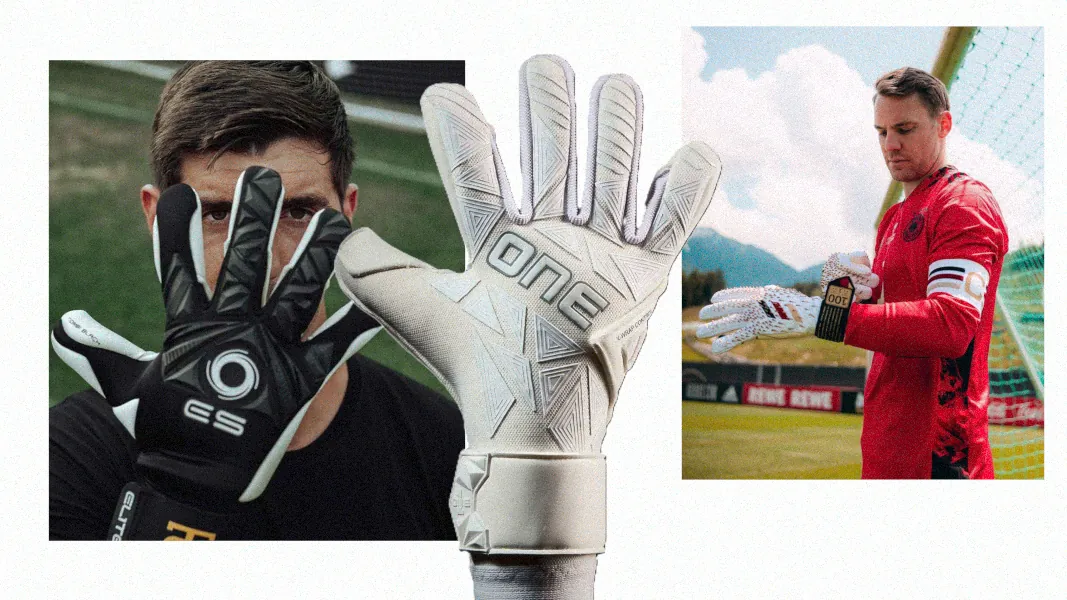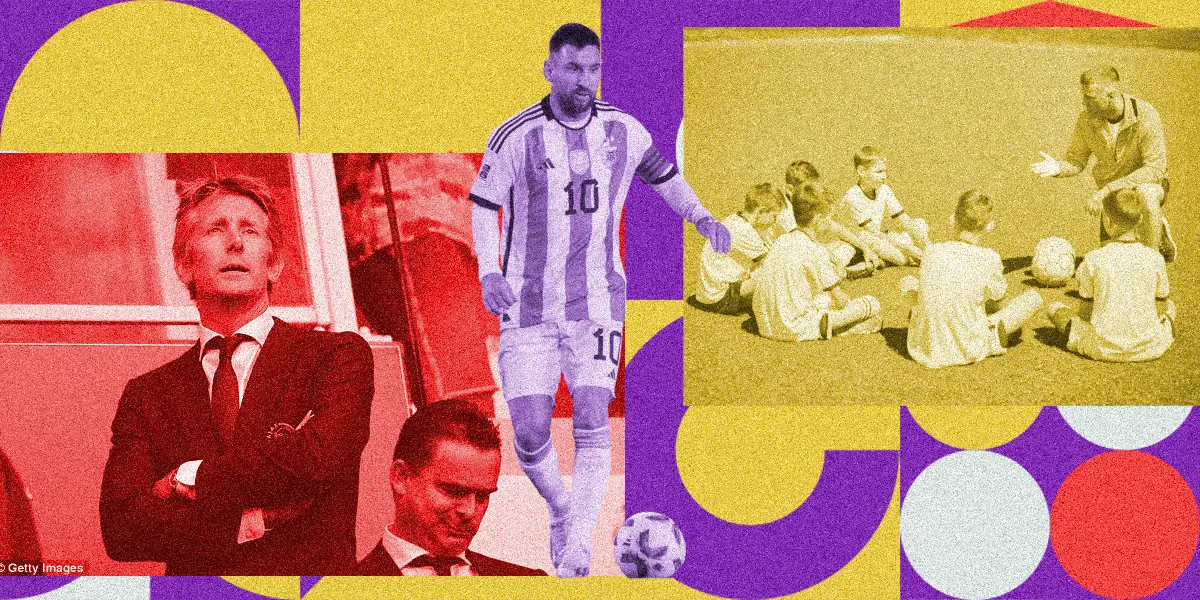Soccer is a multifaceted sport that often leaves fans pondering the intriguing on-field behaviors of both players and coaches. Among these actions, the practice of talking while discreetly covering their mouths has long fascinated spectators.
In this article, we are providing reasons and stories explaining why do soccer players cover their mouth when talking to each other.
Privacy
In soccer matches, where numerous cameras are trained on each player for the viewing of millions, maintaining privacy during communication becomes crucial.
Players often need to exchange words with teammates or even opponents discreetly. Covering their mouths offers a modicum of confidentiality during the live event, shielding their conversations from prying eyes and preventing lip-reading.
This practice gained prominence following a noteworthy incident in 2000. After securing victory in the Euros 2000, France’s Didier Deschamps conversed with head coach Roger Lemerre on the pitch, unknowingly captured by cameras.
Astute lip-readers discerned that Deschamps was contemplating retirement from playing. The ensuing media frenzy forced Deschamps to publicly confirm his intentions. Consequently, Deschamps and other players adopted the habit of covering their mouths while conversing to safeguard their privacy.
The genesis of this lip-reading concern can be traced back to South America, where certain TV stations enlisted experts to eavesdrop on bench discussions and player dialogues.
Strategic Communication
In soccer matches, strategic communication flows from coaches and managers to players near the touchline, typically close to the dugout.
To stop the opposition from intercepting these critical tactical directives through their own players, the players on the field employ the tactic of covering their mouths while conveying instructions.
This precautionary measure gained prominence due to incidents such as manager Roy Hodgson’s experience during a World Cup, where a lip reader threatened to interpret his sideline discussions and share them online, necessitating increased vigilance.
Psychological Warfare
Soccer is often a mental battle, with players employing vocal prowess to unnerve opponents, particularly when the ball is out of play. Profanities or strong language may be used. Players frequently cover their mouths to avoid the prying lenses of cameras while engaging in such psychological tactics.
These practices sometimes can cross a line. During the infamous Premier League match in 2011-12 between Liverpool and Manchester United Luis Suarez was accused of racially abusing Patrice Evra.
Amplifying Voices
Soccer matches unfold amidst the cacophony of roaring crowds in various-sized stadiums, making effective communication a challenge. Covering the mouth while speaking can serve to amplify a player’s voice. It can ensure that their message reaches the intended recipient amidst the deafening roar of the crowd.
According to renowned PR consultant Phil Hall, this practice primarily serves the purpose of enhancing audibility in close-range conversations, rather than safeguarding tactical secrets. In the midst of the stadium’s clamor and on-field commotion, this technique amplifies the clarity of communication.
